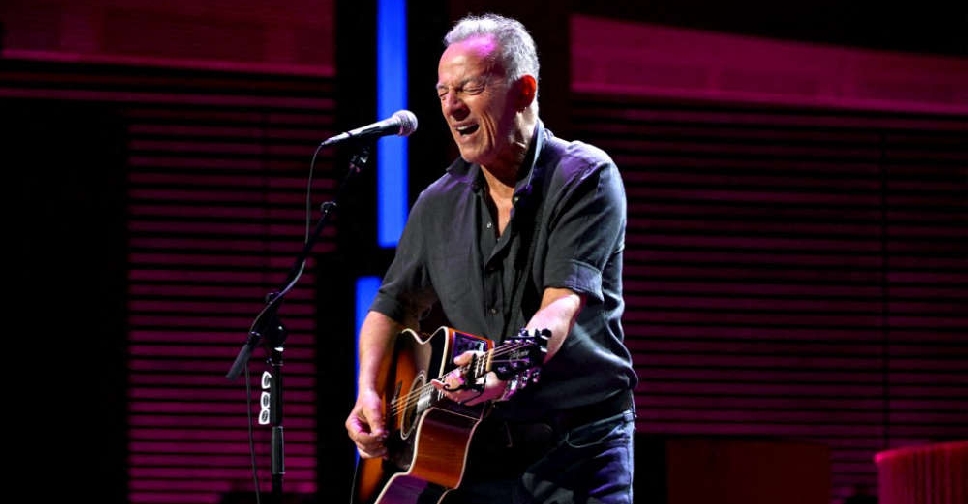
Members of the Writers Guild of America (WGA) approved a new three-year contract with major studios on Monday, five months after the union called a strike that plunged Hollywood's film and television production into turmoil.
The WGA said 99 per cent of the roughly 8,500 votes supported the deal, which provides pay raises, some protections around the use of artificial intelligence and other gains.
"Together we were able to accomplish what many said was impossible only six months ago," WGA West President Meredith Stiehm said in a statement.
The vote does not end labor tensions in Hollywood. Members of the SAG-AFTRA actors union walked off the job in July and were meeting studio negotiators again on Monday to try to reach an agreement.
The multi-month strikes in the entertainment industry represent one of the most visible of renewed labor challenges across the US this year at companies ranging from UPS to Detroit automakers.
The Alliance of Motion Picture and Television Producers (AMPTP), which represents Walt Disney, Netflix and other media companies, said the contract "represents meaningful gains and protections for writers."
"It is important progress for our industry that writers are back to work," the group said in a statement.
Writers walked off the job on May 2, forcing many film and TV sets to shut down and delaying shows meant for the fall broadcast season.
The scribes went back to work on September 27 after negotiators reached a tentative agreement with the AMPTP.
Late-night talk shows such as Jimmy Kimmel Live and Real Time with Bill Maher have returned with new episodes, and comedy sketch show Saturday Night Live will come back this weekend. But many film and TV productions remain in limbo with actors still on strike.
Performers also are seeking increases in pay and AI protections, plus other improvements to working conditions. Negotiators for the SAG-AFTRA actors union continued contract talks with studios on Monday.
SAG-AFTRA, Hollywood's largest union and the studios will meet again on Wednesday, October 11, the parties said in a statement on Monday.
“Now it’s time for the AMPTP to put the rest of the town back to work by negotiating a fair contract with our SAG-AFTRA siblings,” said WGA East President Lisa Takeuchi Cullen.
The dual strikes have cost the California economy close to $6 billion in lost output, according to a Milken Institute estimate, and left many crew members struggling financially.




 UK police charge comedian Russell Brand with rape, assault
UK police charge comedian Russell Brand with rape, assault
 Trailer released as Liam Neeson stars in new Naked Gun film
Trailer released as Liam Neeson stars in new Naked Gun film
 Tom Cruise remembers 'Top Gun' co-star Val Kilmer
Tom Cruise remembers 'Top Gun' co-star Val Kilmer
 Bruce Springsteen to release seven 'lost' albums
Bruce Springsteen to release seven 'lost' albums
 Third 'Avatar' movie to introduce new adversaries on Pandora
Third 'Avatar' movie to introduce new adversaries on Pandora






